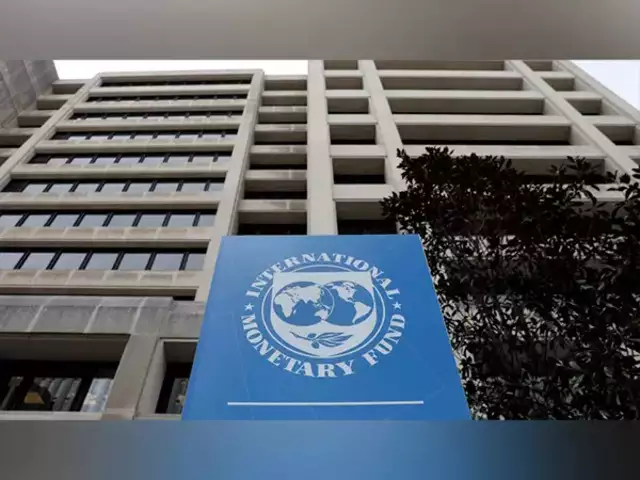PTBP Web Desk
The International Monetary Fund (IMF) has recently concluded a staff visit to Pakistan, ending on November 15, 2024, with a strong emphasis on reducing state intervention and fostering competition within the economy.
The discussions, led by Nathan Porter, IMF mission chief, underscored the critical need for structural reforms, particularly in the energy sector, to ensure its viability and support broader economic growth.
During the visit, which took place from November 12 to 15, 2024, the IMF delegation engaged in comprehensive dialogues with both federal and provincial government officials, along with the State Bank of Pakistan (SBP) and private sector representatives. These meetings aimed at reviewing the performance of Pakistan under the Extended Fund Facility (EFF) agreement signed in 2024. The discussions were not only about the progress made but also about the strategic direction Pakistan needs to take for sustainable economic development.
The IMF praised Pakistan for its economic policy endeavors aimed at vulnerability reduction and setting a foundation for robust, sustainable growth. The focus was on continuing prudent fiscal and monetary policies.
A significant emphasis was placed on tapping into previously untapped tax bases to enhance revenue collection. The IMF suggested starting the collection of agricultural income tax from January 2025, highlighting this as a step towards broader fiscal responsibility.
Energy reforms were deemed crucial. The IMF highlighted the necessity of restructuring the energy sector to restore its viability. This includes reducing inefficiencies and tackling the circular debt which has long plagued the sector.
The IMF called for Pakistan to decrease state intervention in economic activities. This recommendation aims at creating a more competitive environment conducive to private sector growth.
The IMF set a tax collection target of Rs12,970 billion for the ongoing financial year, pushing for aggressive tax policy implementation. Moreover, they advised enhancing the capacity of the Finance Division for better macro-fiscal forecasting to aid budget preparation.
Changes in legislation to limit the discretionary powers of the federal government regarding supplementary grants were recommended. This would ensure a more disciplined fiscal policy while maintaining some flexibility needed for budget execution.
The IMF expressed encouragement regarding Pakistan’s commitment to the reforms outlined in the EFF. The next mission for the first review of the EFF is scheduled for the first quarter of 2025. This visit will be pivotal in assessing how well Pakistan has adhered to the agreed benchmarks and conditionalities.




